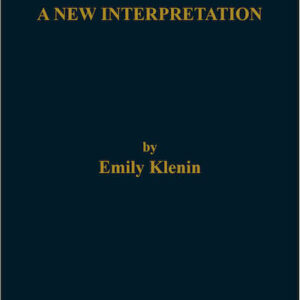
Animacy in Russian: A New Interpretation
By Emily Klenin (NHC Fellow, 1979–80) A group of connected essays which study the phenomenon in both its diachronic and synchronic states.

By Emily Klenin (NHC Fellow, 1979–80) A group of connected essays which study the phenomenon in both its diachronic and synchronic states.
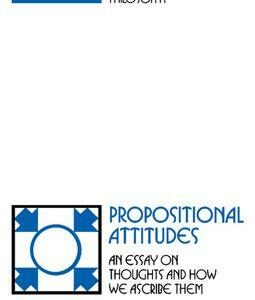
By Mark Richard (NHC Fellow, 1987–88) This book makes a stimulating contribution to the philosophy of language and philosophy of mind. It begins with a spirited defense of the view that propositions are structured and that propositional structure is "psychologically real." The author then develops a subtle view of propositions and attitude ascription. The view … Continued
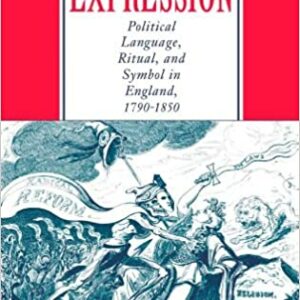
By James A. Epstein (NHC Fellow, 1985–86) Radical Expression explores a set of related themes dealing with popular radical language, ideology and communication in England and reexamines the rhetoric of popular constitutionalism and the associated repertoire of constitutionalist mobilization. Despite the impulses of the French revolution, popular constitutionalism remained the dominant idiom within which radicals … Continued

By Mitchell S. Green (NHC Fellow, 2001–02) Mitchell S. Green presents a systematic philosophical study of self-expression – a pervasive phenomenon of the everyday life of humans and other species, which has received scant attention in its own right. He explores the ways in which self-expression reveals our states of thought, feeling, and experience, and … Continued
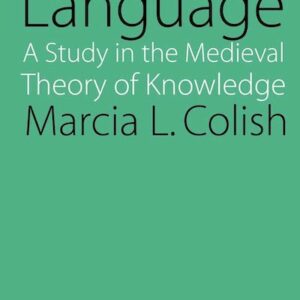
By Marcia L. Colish (NHC Fellow, 1981–82) Early Christianity faced the problem of the human word versus Christ the Word. Could language accurately describe spiritual reality? The Mirror of Language brilliantly traces the development of one prominent theory of signs from Augustine through Anselm of Canterbury, Thomas Aquinas, and Dante. Their shared epistemology validated human language as … Continued
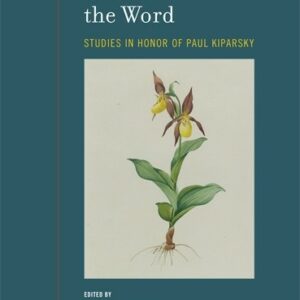
Edited by Kristin Hanson (NHC Fellow, 2001–02) and Sharon Inkelas Paul Kiparsky's work in linguistics has been wide-ranging and fundamental. His contributions as a scholar and teacher have transformed virtually every subfield of contemporary linguistics, from generative phonology to poetic theory. This collection of essays on the word—the fundamental entity of language—by Kiparsky's colleagues, students, … Continued
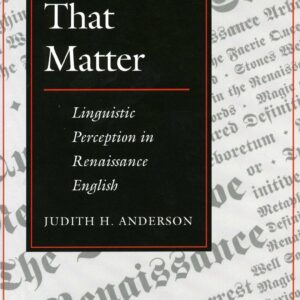
By Judith H. Anderson (NHC Fellow, 1995–96) The grammar and rhetoric of Tudor and Stuart England prioritized words and word-like figures rather than sentences, a prioritizing that had significant consequences for linguistic representation. Among these was a heightened awareness of the equivocal “thingness” of language, whether verbal units like proverbs, inscriptions, and biblical quotations or … Continued